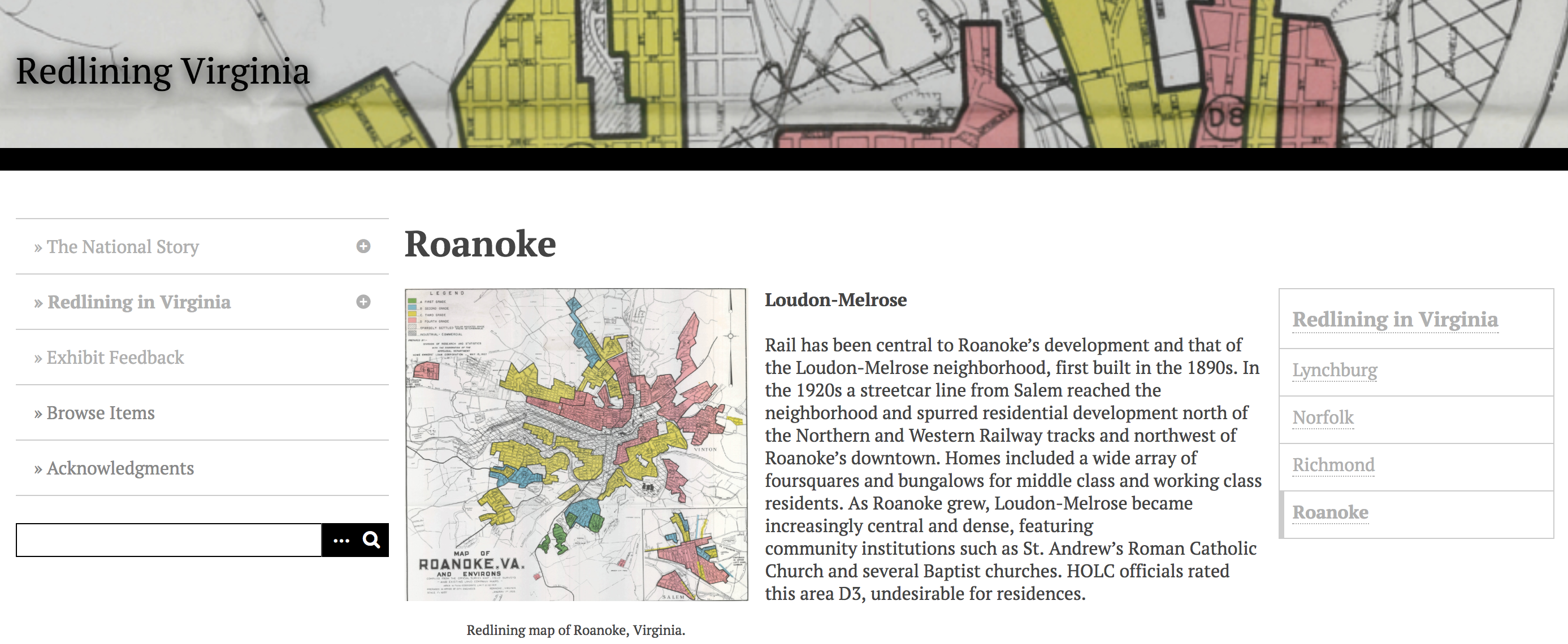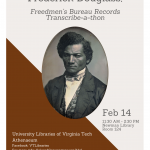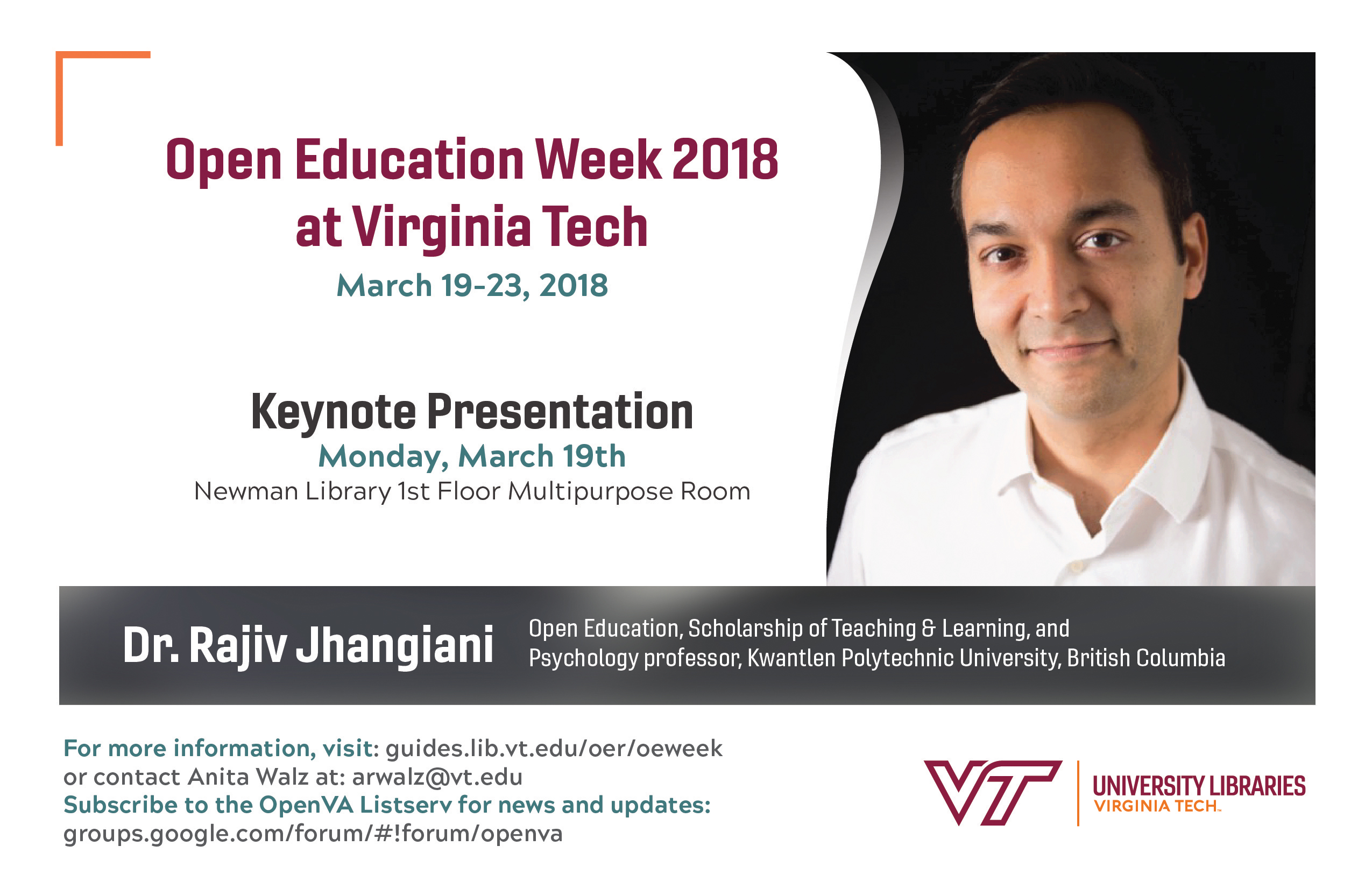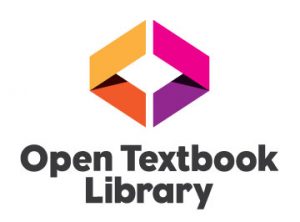Sum
“Building a Digital Action Committee”
Friday, February 16
10:30a-12:00p
Roshmond “Sum” Patten is a seasoned hip-hop artist, and digital media/marketing professional with over 15 years’ experience. As an artist, he manages an independent music career that features an eclectic body of work, with an indomitable DIY ethic. Professionally he is a creative-for-hire, working on a variety of projects ranging from being the Twitter voice for Donald Glover’s hit TV show Atlanta, to acting as lead strategic partnerships consultant at Stampede Management, and helping Apple Music refine their music discovery algorithm. Sum has served as Music Director for IndieCade International Videogame Festival and is currently on the Advisory Board for Overbrook Entertainment’s mobile app developer, Buzznog. He is currently building out the Digital Action Committee concept, a collective of creatives building awareness campaigns and digital tools for modern activism. Topics the collective approaches include closing the digital divide, leveraging the individual/organizational digital footprint, and creative approaches to constructivist tools.
* Please mark your calendars for our future DH Seminar Series dates (all, 10:30a-12:00pm):
2/23 – Christopher A. Miller
A multi-modal, media-enhanced performance of John Cage’s 45′ for a Speaker (1954)
3/16 – Amanda Nelson, Natasha Staley, Meaghan Dee, and Tanner Upthegrove
“Raising the Curtain on Shakespeare: Exploring Text Through Spatial Sound and Projected Image”
3/30 – LaDale Winling
Title TBD
Title TBD
4/13 – Tabitha James
“Organismic Integration Theory to Explore the Associations between Users’ Exercise Motivations and Fitness Technology Feature Use”
4/20 – Sylvester A. Johnson
“Can Robots Make Love?: Artificial Intelligence, Human Identity, and the Life of Things.”
4/27 – Andrew Kusak





 Virginia Tech is one of nine founding members of the Open Textbook Network Publishing Cooperative, a pilot program focused on publishing new, openly licensed textbooks. The program was launched by the Open Textbook Network (OTN) and aims to increase open textbook publishing experience in higher education institutions by training a designated project manager at each institution and creating a network of institutions.
Virginia Tech is one of nine founding members of the Open Textbook Network Publishing Cooperative, a pilot program focused on publishing new, openly licensed textbooks. The program was launched by the Open Textbook Network (OTN) and aims to increase open textbook publishing experience in higher education institutions by training a designated project manager at each institution and creating a network of institutions.